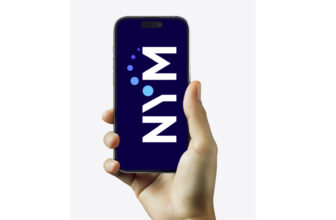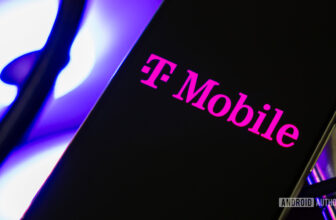
Key Takeaways
- T-Mobile and Starlink successfully tested satellite emergency alerts, proving a life-saving service for the future.
- The service will be free for all wireless phone subscribers in disaster-affected areas, regardless of carrier.
- Starlink and Verizon are working on similar programs to provide emergency satellite connectivity to their customers and others.
In severe emergencies, like catastrophic weather or fast-spreading wildfires, bedrock services like cell service are often the first to be impacted. If you’re too deep in the wilderness to get a signal, or a major event knocks out nearby cell towers, you’ll miss potentially life-saving warnings about what’s happening in the world around you.
T-Mobile is changing that, with Starlink’s help. On September 5, it sent the first area-wide wireless emergency alert without touching a cell tower, as the carrier beamed an emergency message into space, where one of the many sky-flooding, SpaceX-owned satellites relayed it to a prescribed destination region.
Related
What is Starlink?
Starlink’s satellites are bringing the internet to the world. Here’s how they work, what they’re about, and what the future holds
Thankfully, there was no emergency — the test event operated on an entirely hypothetical premise. But the effects are real. The successful message relay delivers proof-of-concept for a service that could save countless lives in the future. It’s the latest in a series of truly useful applications of the consumer-praised, astronomer-despised network living in low Earth orbit.
Disaster warnings from sky to sea
And Personal SOS messages in the other direction
Smartphones and satellites aren’t exactly strangers. Apple introduced satellite connectivity to its Roadside Assistance feature a year ago, and the Pixel 9 family’s SOS service just went live.
As reported 2 weeks ago, Starlink’s working to provide satellite SOS to consumers worldwide, at no cost. Starlink CEO and social media darling, Elon Musk, offered on his website, “Can’t have a situation where someone dies because they forgot or were unable to pay for it.” In a world where no press is bad press, Musk and his privately funded venture deserve real credit for offering this life-saving service for free.
Verizon has a similar program in the works, which will ultimately extend to general use. T-Mobile and Starlink already work together, launching Direct to Cell voice, messaging, and data networks earlier this year. While based on the same technology, those all differ from what T-Mobile demonstrated last week, which was the first alert issued to consumers via satellite.
T-Mobile’s ultimate plans are what make this development especially interesting. It intends to deliver these cell tower-agnostic communications to all wireless phone subscribers, regardless of carrier, at no charge. There won’t be anything to sign up for, pay, or enable. Every phone in a disaster-affected area will simply get the warnings, T-Mobile customer or not.
There’s no launch window for satellite alerts yet. Starlink is still adding to its ever-thickening network, which will happen “over the coming months.”





